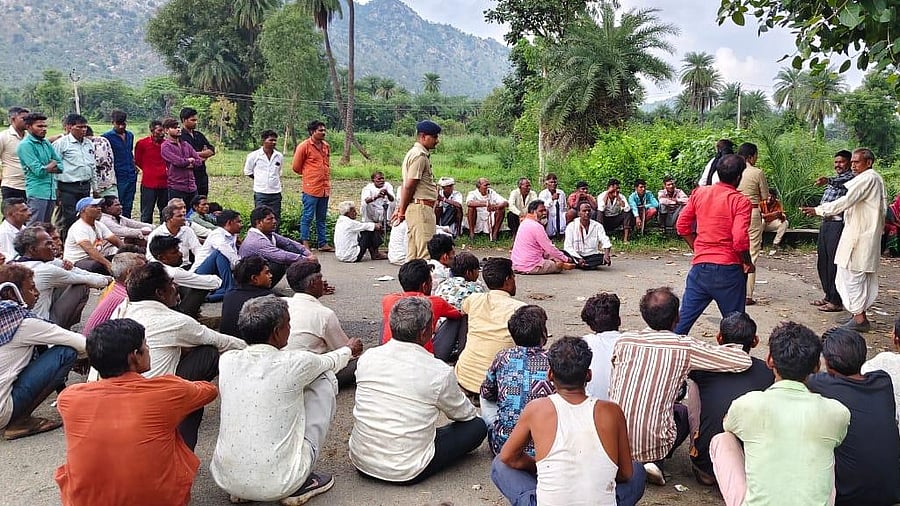
Credit: Special arrangement
Ahmedabad: After fleeing their homes about 12 years ago due to an age-old "custom of revenge", around 300 people from 29 tribal families are set to return to their ancestral village, after the local police and revenue officials brokered peace between the two warring communities.
According to Banaskantha district police, the 29 families of Mota Pipodara village in Danta taluka will be officially rehabilitated in an event on Thursday, likely to be presided over by the Minister of State for Home, Harsh Sanghavi.
In 2012-2013, two communities of scheduled tribes—Kodarvi and Dabhi—were involved in a conflict after a member of the latter community was killed by a man belonging to the former, police said.
In the tribal belt of Gujarat, especially in the northern districts of Banaskantha and Sabarkantha, such cases of unnatural deaths are dealt with a custom locally known as "Chadotaru", literally meaning "to ascend" against the perpetrators' community.
Under this practice, the victim's community or village demands compensation from the perpetrator's side. If the latter fails, the victim's group would retaliate by attacking the village in large numbers and imposing a social and economic boycott.
District superintendent of police Akshayraj Makwana told DH that when the alleged murder was reported, the leaders of the Dabhi community, whose member was killed, demanded Rs 40 lakh from the Kodarvi community as compensation.
"It was a lot of money for the community to pay. This triggered the 'chadotaru' during which their houses were destroyed, crops burnt, and they were subjected to social and economic boycott as punishment. The family members ran away from the village and started living in the nearest town of Palanpur and as far as Surat, working as labourers," Makwana said.
Makwana said that recently, the police received an application about their plight, following which efforts were taken to bring the community members back to the village. He said that meetings were organised with the local panchayat and leaders from both communities.
Along with the district revenue officials, the police identified the 8.5 hectares of land, which the displaced families owned. Officials said that their land, which became barren due to neglect over the years, has been made cultivable again as part of the rehabilitation plan.
Besides, with the help of NGOs, the local administration is also helping the community in providing homes and other essentials for rehabilitation.